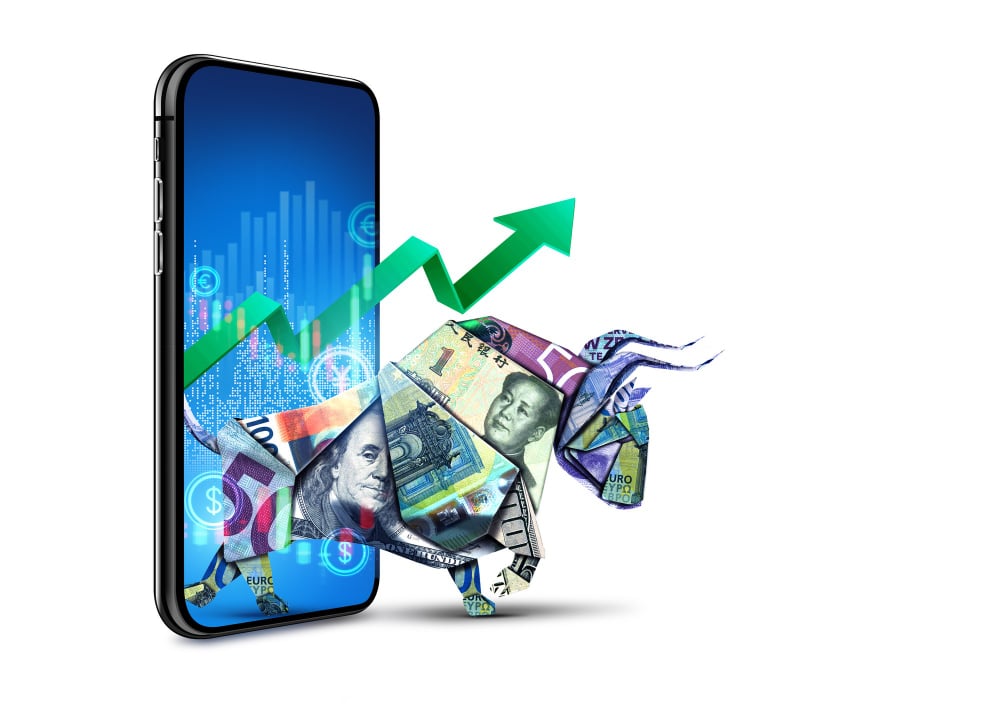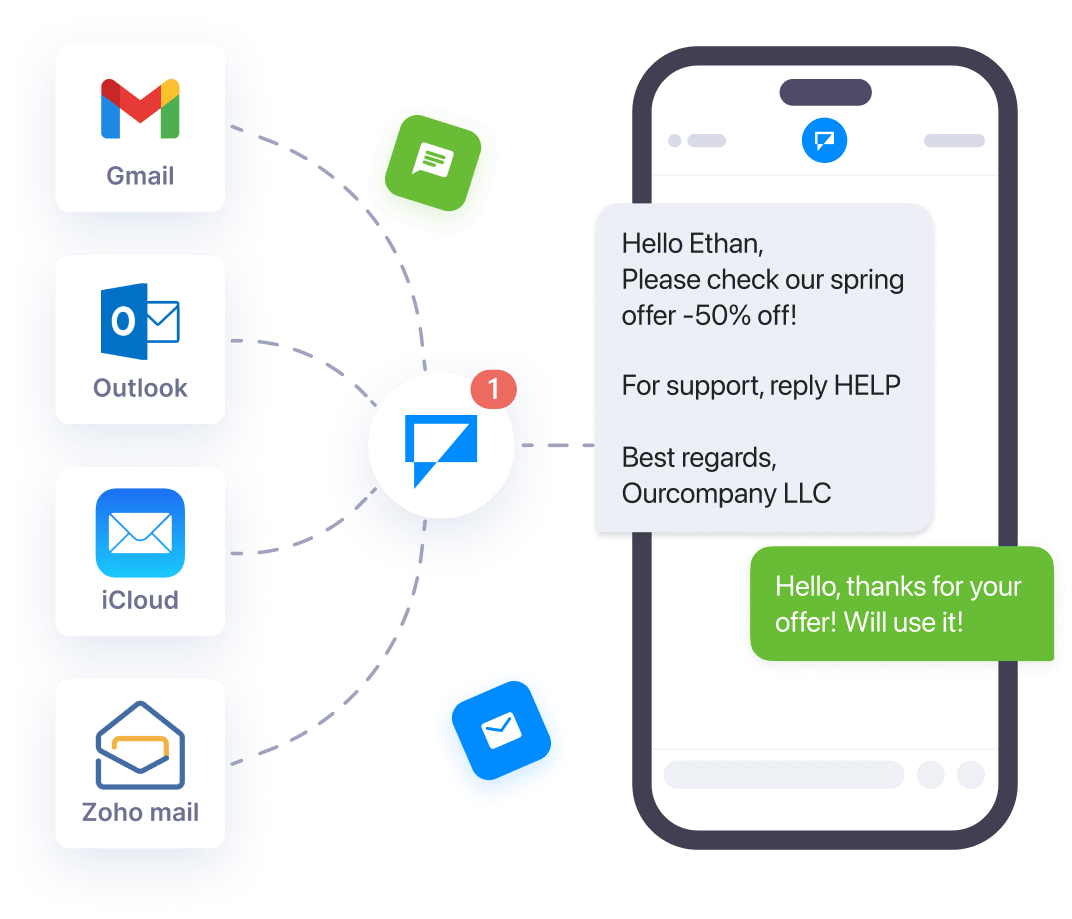Table of Contents
Collecting payments has always been a challenge for businesses. Late payments disrupt cash flow and create unnecessary stress. Traditional methods like phone calls or mailed reminders often take too much time and deliver poor results.

That’s why more businesses are turning to SMS messaging. Text reminders are quick, affordable, and hard to ignore. With open rates above 90%, SMS messages reach customers directly on their phones. The result? Faster payments and fewer overdue accounts.
In this article, we’ll explore how SMS can simplify bill collection and improve customer relationships at the same time.
Why SMS Works for Bill Collection
Before diving into strategies, it’s important to understand why SMS is so effective for billing.
- Direct reach – Messages go straight to mobile devices.
- High open rates – Customers read texts almost instantly.
- Low cost – SMS reminders are cheaper than calls or letters.
- Convenience – Customers can respond or pay right away.
In short, SMS combines speed and simplicity, two elements that make bill collection smoother.
Key Benefits of Using SMS for Collecting Bills
Let’s explore the key benefits of using SMS for collecting bills and why it’s becoming the preferred method for modern businesses.
1. Faster Payments
When customers receive a polite reminder at the right time, they pay faster. A text with a due date or payment link creates urgency. Unlike emails that sit unread, SMS messages get noticed quickly.
2. Reduced Administrative Costs
Chasing payments usually requires multiple calls, emails, or even postal reminders. Each step adds costs. SMS automation reduces this workload. With a few clicks, you can send hundreds of reminders at once.
3. Improved Customer Experience
No one likes aggressive phone calls about bills. SMS reminders feel less intrusive but still effective. Customers appreciate a clear, respectful nudge instead of repeated calls.
4. Easy Tracking and Automation
SMS platforms let you schedule reminders in advance. You can send a text one week before the due date, another on the due date, and one more if the payment is overdue. Automation ensures no account gets missed.

Best Practices for Using SMS in Bill Collection
Using SMS for bill collection is highly effective, but doing it correctly is key. Follow these best practices to maximize results and maintain good customer relationships.
1. Keep Messages Clear and Short
People read texts on the go. Avoid long, complicated messages. Include the amount, due date, and a payment link if possible. For example:
“Reminder: Your bill of $120 is due on August 30. Pay now at [link]. Thank you!”
2. Use a Polite and Professional Tone
Tone matters. Always keep messages respectful. Avoid harsh language that may damage customer relationships. Use phrases like “friendly reminder” instead of “final notice” unless it’s the last step.
3. Include Payment Links
The easier you make it, the faster customers pay. Add a secure payment link in the SMS. With one tap, the customer can complete the transaction.
4. Automate the Schedule
Don’t rely on manual sending. Use automation to trigger texts before, during, and after due dates. This reduces staff workload and keeps communication consistent.
5. Respect Timing
Avoid sending texts too early in the morning or late at night. Aim for normal business hours. This small step increases the chance that customers will read and act on the reminder.
6. Personalize Messages
Using the customer’s name makes the reminder feel personal.
For example: “Hi Sarah, your bill of $85 is due on September 1. Pay securely at [link].”
Example SMS Templates for Bill Collection
Here are a few sample messages you can adapt:
- Before due date: “Hello [Name], this is a friendly reminder that your bill of [Amount] is due on [Date]. Pay now at [Link]. Thank you!”
- On due date: “Hi [Name], your bill of [Amount] is due today. Please complete your payment at [Link].”
- After due date: “Dear [Name], your bill of [Amount] is now overdue. Kindly make payment at [Link] to avoid late fees.”
These short, clear texts get the job done without overwhelming the customer.
Common Mistakes to Avoid
Even though SMS is simple, some mistakes can reduce effectiveness.
- Sending too many reminders – Over-messaging may annoy customers.
- Using unclear payment instructions – Always provide a direct link or clear steps.
- Forgetting opt-in rules – Customers should agree to receive SMS communications.
- Overly strict language – Keep reminders polite unless legal escalation is required.
Compliance and Legal Considerations
Before using SMS for bill collection, check local regulations. In many regions, businesses must obtain consent before sending texts. Always include an opt-out option, such as “Reply STOP to unsubscribe.” Following these rules protects your business and builds trust with customers.
Real-World Applications
- Utilities – Water, gas, and electricity companies use SMS to remind customers of upcoming bills.
- Healthcare providers – Clinics send reminders for outstanding medical payments.
- Subscription services – Streaming platforms and gyms use SMS to reduce churn caused by missed payments.
- Education institutions – Schools and colleges send tuition reminders via SMS.
These examples show that SMS is flexible and works across different industries.
Steps to Get Started with SMS Billing
- Choose an SMS platform that integrates with your billing system.
- Upload your customer list with names, numbers, and payment details.
- Set up templates for reminders before, on, and after due dates.
- Automate the schedule so texts go out automatically.
- Monitor results and adjust timing or tone based on responses.

Conclusion
Collecting bills doesn’t have to be stressful or time-consuming. With SMS messaging, businesses send clear, polite reminders that drive faster payments. Customers appreciate the convenience, and companies save money on administrative work.
By keeping messages short, professional, and well-timed, SMS automation becomes one of the most powerful tools for improving cash flow. If your business still relies on phone calls and letters, now is the time to switch to SMS and see the difference.






